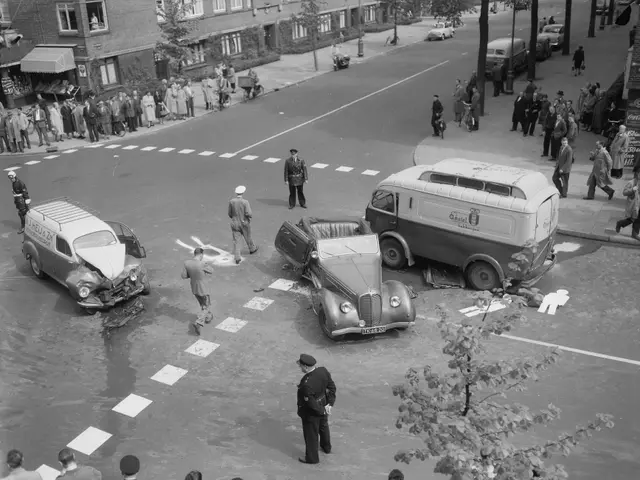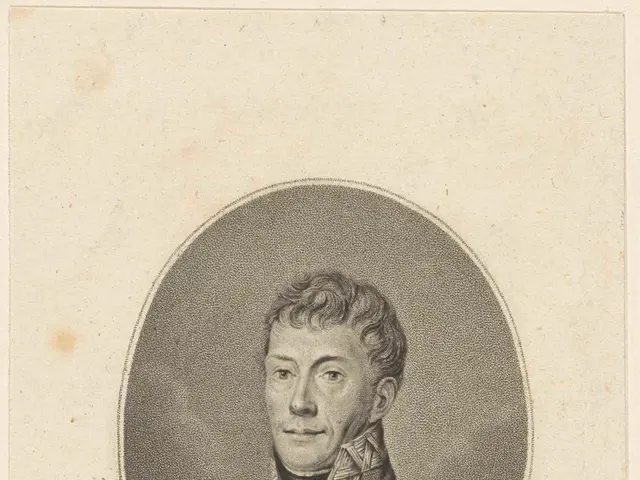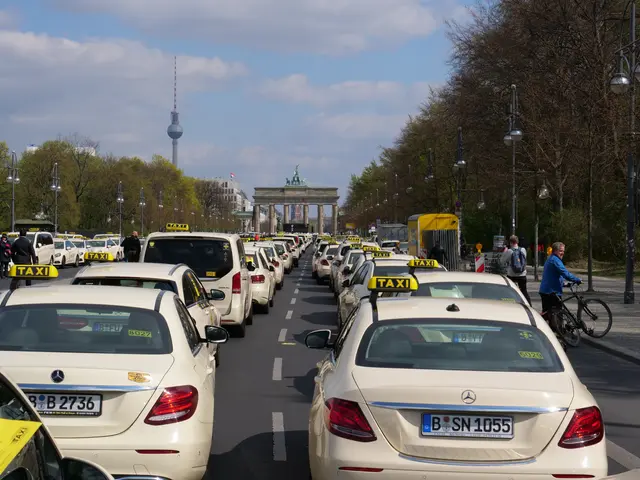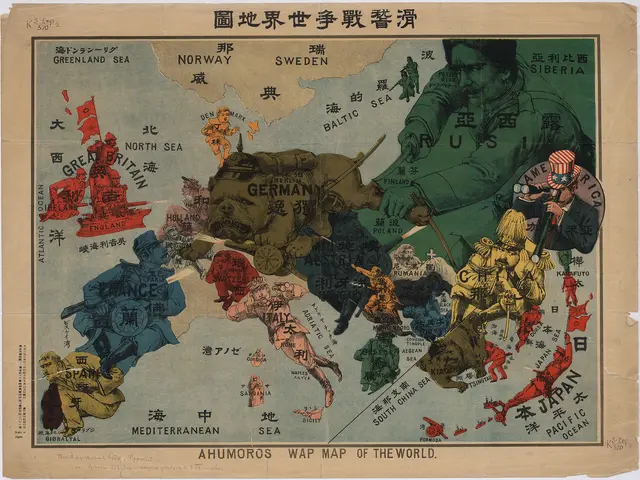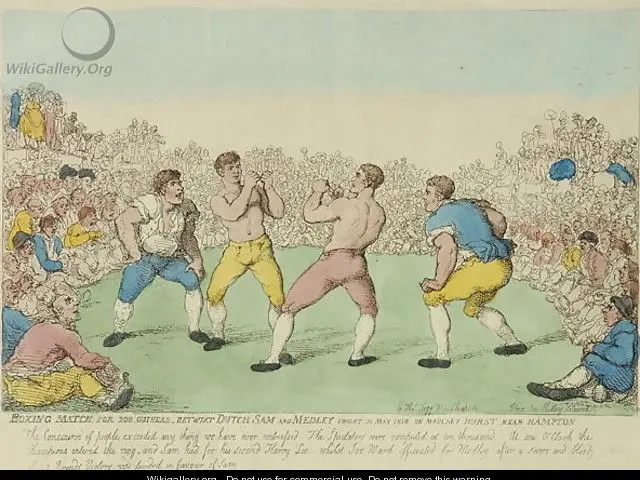Tinubu vs. Past Presidents: A Comparative Analysis of Achievements
Idris Rates Tinubu's Two-Year Performance Above Preceding Governments
In the world of Nigerian politics, the Tinubu administration's unprecedented achievements within the first two years are causing a stir, with the Minister of Information and National Orientation, Mohammed Idris, claiming no previous president has matched these feats. But let's dive deeper into this claim, examining the Tinubu administration's achievements against those of past presidents in the realms of security, economy, and infrastructure.
Security Achievements
President Tinubu's administration has racked up some impressive numbers in national security. Over two years, a staggering 15,543 insurgents were reportedly killed, and 124,408 Boko Haram fighters surrendered. The administration has also neutralized several bandit kingpins in the North-west region, making that region safer [4][5]. Compare this to the previous Buhari administration, which, despite reducing Boko Haram's territorial control, faced continuous attacks and kidnappings and saw fewer insurgents surrendering or being killed.
Economic Achievements
Economically, the Tinubu administration has demonstrated ambitious decision-making, such as the removal of petrol subsidies. This policy shift aimed to reduce government spending and corruption [2]. Another notable achievement was the approval of Eni's proposal to sell Agip to Oando, boosting the oil sector and prompting increased oil production by Oando [2]. Previous administrations, like that of President Obasanjo, introduced reforms like the establishment of the Economic and Financial Crimes Commission (EFCC) and privatization of state-owned enterprises. However, these reforms faced challenges in sustaining continuity over time, plagued by corruption and inconsistent policy implementation.
Infrastructure and Digital Development
Under Tinubu, the emphasis has been on digital development, as highlighted by the National Information Technology Development Agency (NITDA) under the Renewed Hope Agenda [3]. While specific details are not widely reported, this agenda likely includes initiatives aimed at improving digital infrastructure. Previous administrations, including President Jonathan's, focused on infrastructure development, but progress was often hindered by corruption and lack of continuity upon changes in government.
To sum up, while President Tinubu's administration has made notable strides in security, economic policies, and digital development, past administrations faced unique challenges and had different focuses. The long-term success of these policies depends on their sustainability and implementation.
In case you're curious, here's a snapshot of some additional headlines that caught our eye:
- 'Ignore Wike's Drama, He Has Been Completely Stripped Of All Control' - PDP Chieftain
- Cold Reception In Lagos Exposes Tension Between Tinubu, Sanwo-Olu As Political Rift Deepens
- I Have Spent My Personal Wealth And Time Championing The Cause Of Nigerian People - Atiku Fires Back At APC
- 'They Want To Tear Down The System' - Orji Kalu Names Those Sponsoring Boko Haram To Fight Tinubu's Govt
- 'We Can't Continue Like This' - Buratai Knocks Tinubu Govt Over Hardship
- In 24 Years The Three Of You Could Not Eradicate Poverty In Nigeria - APC Fires Back At Atiku, El-Rufai, Amaechi
Stay tuned for more updates as the political landscape continues to evolve! 📈📰🗣️
- The Tinubu administration's achievements in Nigeria have been compared to past presidents, with the Minister of Information claiming no previous president has matched these feats.
- In the realm of security, the Tinubu administration has shown impressive achievements, with 15,543 insurgents reportedly killed and 124,408 Boko Haram fighters surrendering over two years.
- Contrastingly, the Buhari administration, despite reducing Boko Haram's territorial control, faced continuous attacks and kidnappings and saw fewer insurgents surrendering or being killed.
- Economically, the Tinubu administration's policy shift of removing petrol subsidies aimed to reduce government spending and corruption, while previous administrations like Obasanjo's faced challenges in sustaining continuity over time due to corruption and inconsistent policy implementation.
- Infrastructure and digital development have been prioritized under Tinubu's administration, with initiatives aimed at improving digital infrastructure, while past administrations, like that of President Jonathan's, faced challenges due to corruption and lack of continuity upon changes in government.
- The political landscape continues to evolve, with headlines such as disputes within the PDP, tensions between Tinubu and Sanwo-Olu in Lagos, and criticisms from political figures like Atiku and Orji Kalu.

